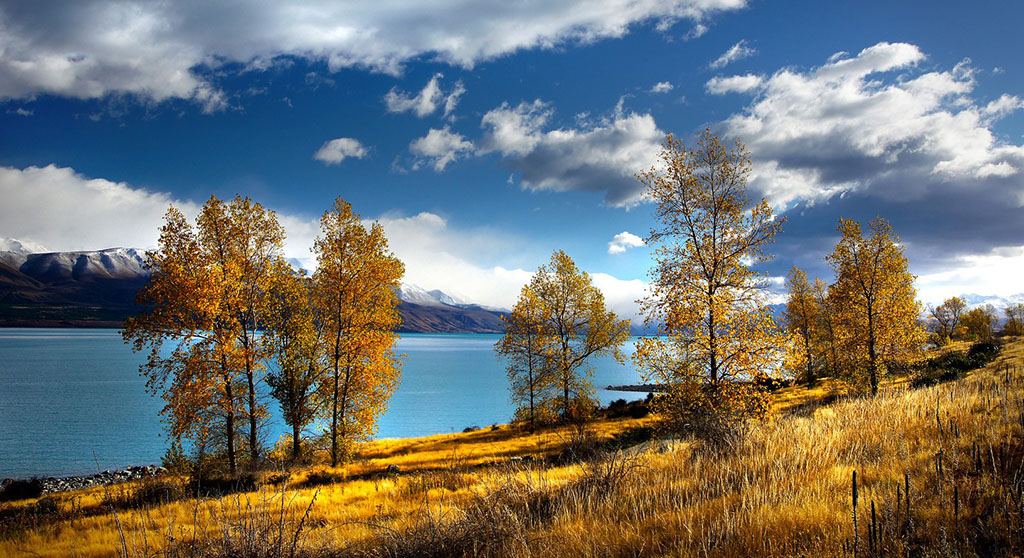

By: Sr. Sandra Winton, OP
Prioress of New Zealand Dominican Sisters
New Zealand is a small, island nation, so far at the bottom of world maps that it is often left off entirely. All of this stood to our advantage when it came to COVID 19. We do not border any other countries and we had the time to see what was happening in Spain and Italy before the first cases appeared among us. We could not doubt the seriousness of the outbreak.
We were also blessed that our much-admired, young woman Prime Minister, 39 at the time, was willing to hear what scientists, medical experts and epidemiologists were saying. And she had the courage to take hard decisions early. On a Saturday in March I sat in the car hearing that in three days we were going into serious lockdown. I heard that anyone over 70 needed to stay home and the rest of the country was to look after us. As this category applies to all but one of our sisters, it was sobering. I feared for the sisters in rest homes. What if someone had to die alone?
Somehow, we pulled together as a people. Party politics was mostly put aside. We realised that even if we did not want to protect ourselves, we needed to do it for others – for children with respiratory illnesses, for the old in rest homes, for the sick and frail. This lifted us as a nation.
Surveys afterwards said 92% of the people supported the measures. We were learning to think of ourselves as ‘one body’.
As well as being told to stay home, wash our hands, and keep our distance, we were as repeatedly reminded to ‘be kind’.
In a street where several of our sisters live, a young woman put leaflets in letterboxes, introducing herself and her children and offering to do supermarket shopping for older people in the street. People put teddy bears in their windows for children to find and count while on lockdown walks with their parents. People spoke to one another on the street while taking a wide berth to maintain social distancing. Infected people were invariably described as New Zealanders. Their ethnicity was never named.
Maori people, whose collective memory recalled the terrible decimation of their people in the 1918 influenza epidemic, put up roadblocks and protected their treasured elders. After some fussing, this was accepted.
There was an amazing sense of pulling together. We were proud of what we achieved and each day I recorded the numbers. Sure, enough after 12 days, as predicted, the numbers fell dramatically until they stopped altogether.
At the same time, the stringent measures unveiled cracks and inequalities. Domestic violence rose. Women’s refuges were filled. Wage subsidies supported those who might otherwise lose their jobs but those already on benefits subsisted on the usual inadequate allowances. On-line schooling exposed the number of households without access to computers or the internet. Places were found for all the homeless, something that had never been even attempted before this crisis but leaving us with questions about what we can do and whether we have the will.
Churches were closed. Masses were offered online. The sight of a priest celebrating alone in his church made me question a religion that gives ritual power separate from the community. My local parish was creative. Parts of the Mass moved around from home to home. We saw families singing together squashed on a couch, someone doing prayers at the kitchen table, toddlers squirming, self- conscious teenagers. It was not just the priest who preached – but laypeople, couples, young folk. This felt like a community. It has left me hungry for more.
In the devastating influenza of 1918, sisters nursed the sick in their homes. This time as an older congregation, staying home was our contribution.
As a church and as Dominican Sisters we hope that as our country rebuilds we can hold to the values that people matter more than money, that the old and frail are to be protected, that kindness matters, that we can do things differently if we choose.